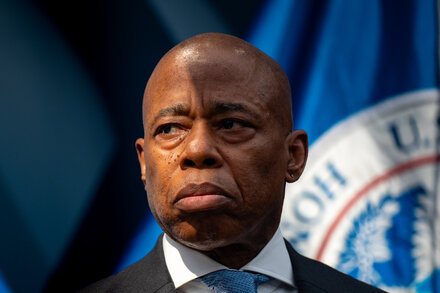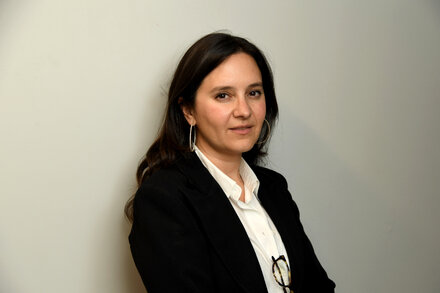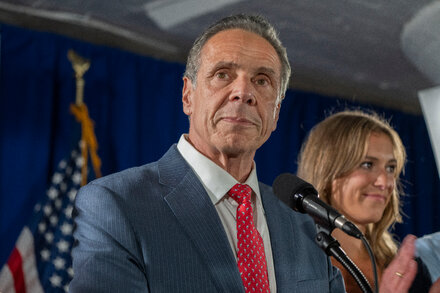Moldova is on the cusp of a pivotal election that many citizens view as a binary choice for the nation’s future geopolitical alignment: closer integration with the European Union or a renewed orientation towards Russia. The upcoming vote is set to profoundly shape the small Eastern European country’s economic, political, and security trajectory.
Positioned strategically between Ukraine and EU member Romania, Moldova has long navigated complex historical and economic ties with both Russia and the West. The current political landscape reflects this deep division, with pro-European factions advocating for a clear westward path, while other political forces seek to maintain strong relations with Russia.
The Pro-European Vision
President Maia Sandu and her allies have championed a clear pro-EU agenda, pushing for accelerated reforms and eventual full membership in the European bloc. Supporters of this direction emphasize the potential for economic prosperity through access to the EU’s single market, strengthening democratic institutions, and improving the rule of law. They also highlight the security guarantees and stability that closer ties with the EU could offer, particularly in the wake of Russia’s full-scale invasion of neighboring Ukraine.
Advocates for European integration often point to the significant financial assistance and development projects already received from the EU, as well as the opportunities for Moldovan citizens through visa-free travel and educational exchanges. They argue that aligning with European values and standards is essential for Moldova’s long-term development and sovereignty.
Arguments for Closer Ties with Russia
Conversely, various opposition parties and figures advocate for maintaining or strengthening Moldova’s historical and economic ties with Russia. These groups often appeal to a significant portion of the electorate that feels a cultural affinity with Russia, relies on traditional Russian markets for exports, or remains dependent on Russian energy resources. They frequently express skepticism about the benefits of EU membership, warning of potential economic dislocations or a loss of national identity.
The pro-Russia narrative sometimes emphasizes the stability and lower cost of Russian energy supplies, as well as the historical connections that many Moldovan families share. Concerns are also raised about the potential impact of EU integration on the breakaway region of Transnistria, where a Russian peacekeeping contingent remains stationed, further complicating Moldova’s geopolitical calculus.
A Nation Divided
The stark choice presented in the election underscores the deep ideological and demographic divisions within Moldovan society. Public opinion polls consistently show a significant split, with different regions, age groups, and linguistic communities leaning towards either the East or the West. The economic performance of the country, the ongoing war in Ukraine, and internal political stability are all central issues influencing voters’ decisions.
For many Moldovans, the upcoming vote is not just about choosing political leaders, but about determining the fundamental direction and identity of their nation for generations to come, balancing aspirations for prosperity and security with deeply ingrained historical loyalties and economic realities.
Source: Read the original article here.





